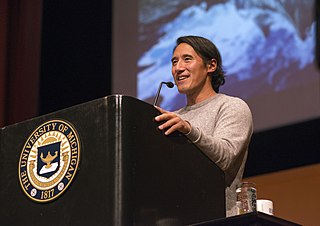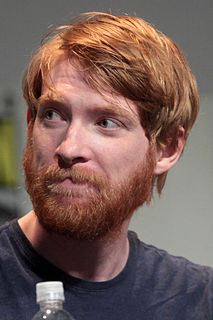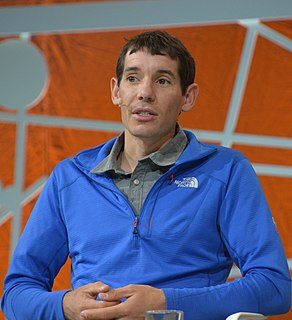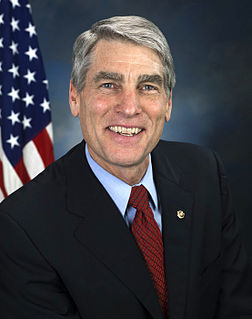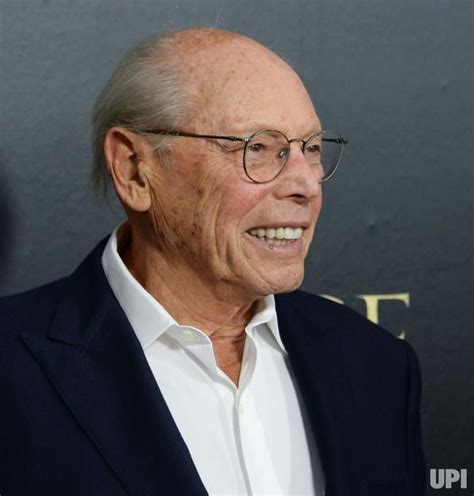A Quote by Jimmy Chin
There are parallels between filmmaking and climbing mountains just in terms of the commitment it requires, absolute devotion, and the belief that you are going to make a film and that the film is going to be OK, as well as the risks you have to take. You are never going to climb anything great if you don't take risks.
Related Quotes
...the more risks you allow children to take, the better they learn to take care of themselves. If you never let them take any risks, then I believe they become very prone to injury. Boys should be allowed to climb tall trees and walk along the tops of high walls and dive into the sea from high rocks... The same with girls. I like the type of child who takes risks. Better by far than the one who never does so.
You can rely on your team to do their jobs, but you have to carry the torch and do anything you need to, not just to shoot and finish, but to get the film seen. You have to know within yourself that you're going to have to take this. Don't sit back and think other people in your team are going to make it happen now because you've done your part. You have to carry that torch, and no one is going to care as much as you do, and nobody is going to live with it as long as you are because it's your film.
I would take all the precautions, I'm going to bring my natural remedies, keep the mosquitoes away naturally and I'm going to bring my DEET. I'm going to do my part. And again, it's something, when a baby is involved you don't want to take any risks. So I would just exercise a lot of caution and do my part and then get tested and go for it.
The trouble is that the risks that are being hedged very well by new financial securities are financial risks. And it appears to me that the real things you want to hedge are real risks, for example, risks in innovation. The fact is that you'd like companies to be able to take bigger chances. Presumably one obstacle to successful R&D, particularly when the costs are large, are the risks involved.
